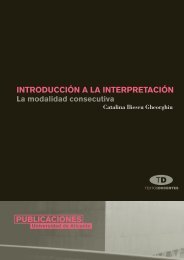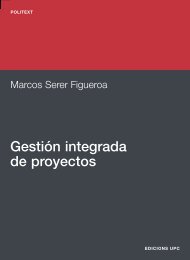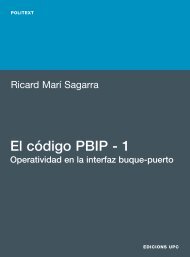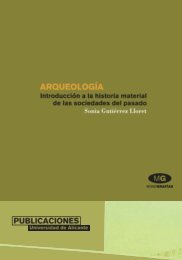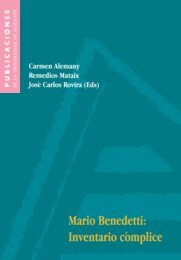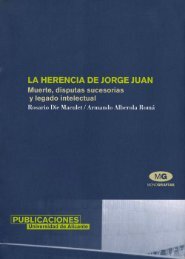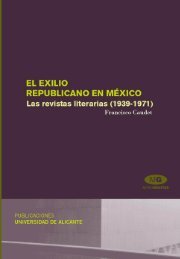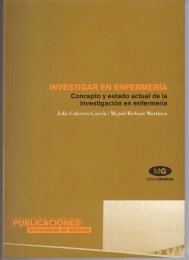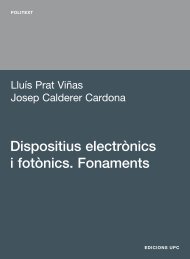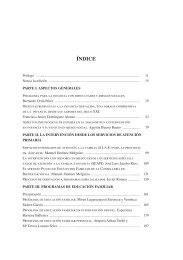Technical Writing - e-BUC
Technical Writing - e-BUC
Technical Writing - e-BUC
- No tags were found...
You also want an ePaper? Increase the reach of your titles
YUMPU automatically turns print PDFs into web optimized ePapers that Google loves.
The phraseA phrase is a linguistic element made up of one or more than one word and has no subjectpredicatestructure. In a scale of complexity, it is found between the word and the clause.The main types of phrases are listed below:• Noun phrasee.g. The resistor, the flat resistor, the old flat resistor• Verb phrasee.g. corrode, has corroded, to avoid corrosion, are seriously corroding• Prepositional phrasee.g. on the surface, through the pipe, before the test• Adverbial phrasee.g. yesterday morning, slowly, thereThe clauseA clause is a group of words comprising a subject and a predicate (Verb, Complement,Object and Adverbial) that constitutes a sentence or part of a sentence. Clauses can bedependent or subordinate and independent or main. In the sentence He went to the labbecause he had to use the oscilloscope, He went to the lab is a main clause whereas becausehe had to use the oscilloscope is a dependent clause. Note that a main clause makes sense onits own and therefore can be equated with a sentence. On the other hand, a dependent clausecannot stand by itself since it depends on some other element in the sentence and cannot bepunctuated as an independent clause. This can be seen in the following examples:e.g. Although he graduated at the age of 26.As soon as the gas enters the engine.Since the mechanism failed.So that the mistake is not repeated.Which didn’t come out successfully.Clauses can also be finite and non-finite. Nearly all independent sentences are finite as theycontain verbs that can be used with a subject to make a verb tense (i.e. the verb is inflectedfor tense, person and number). For example, both He graduated in engineering and Since heis still writing the report, are finite clauses. On the other hand, non-finite clauses are clausesthat cannot be used with a subject to make a verb tense. There are four main types of nonfiniteclauses:• Present participle clause, e.g. Leaving the library, the student dropped his ID• Past participle clause, e.g. Covered with sand, the thermometer was found working.• Infinitive with to clause, e.g. The next step is to assemble the fittings.• Infinitive without to clause, e.g. Rather than copy the document, he faxed it.© The Authors, 2007. © Edicions UPC, 2007



